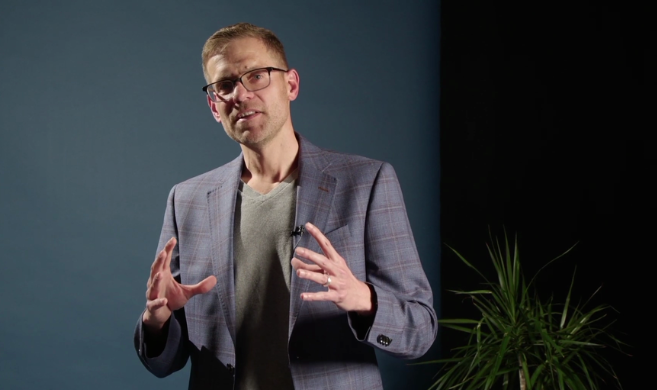watch the replay of the masterclass:
1. You don’t always need a team—sometimes a group will do!
Essentially, a team is not necessarily superior to a group. It depends on the project you are embarking on. Does a team justify all the work you require to achieve your goals? Building teams can sometimes be messy and complex. Sometimes it doesn’t merit all the legwork to make your team truly great. You must ensure the potential for collaboration gains (or synergy) outweighs the coordination tax (process losses). Only use teams when you embark on a task/problem that is big and complex enough to warrant one.
2. Trust is the bedrock of teams and groups
I have been researching this concept for the past 15 years and used the word 38 times in this very Masterclass. One of the biggest responsibilities team leaders have is to establish a culture of trust within their collective unit. A recent Gallup poll showed that when engaged employees trust their management highly, they are 50% more productive, they devote 106% more energy to their task and they have 13% fewer sick days! So trust appears to pay rich dividends at all levels. An easy way to think about trust is our willingness to be vulnerable to one another. You build it on the foundations of authenticity, good logic, and empathy/benevolence.
3. Great teams are more a function of design than coaching
Great teams and groups are a function of design and coaching. Although we like to focus on coaching, design should be the first priority. Unfortunately, people tend to think design is too HR focused and short sell it. Yet, design is about setting a compelling vision, crafting goals that make sense and giving feedback about everyone’s role. We can emphasize these factors every single day as leaders. From a design perspective, you need people that have clear roles, strong incentives and work with a team that accepts a degree of overlap. To sum up, a good design can cover for mediocre coaching, but even the best coaching will struggle to overcome a poor design!
Brad’s Top 5 Team Leader Qualities:
- Drive clarity (not necessarily certainty).
- Share strategic information early and often.
- Create a regular check-in routine.
- Make learning a priority.
- Be a role model and enforce the norms and values you want to see.







